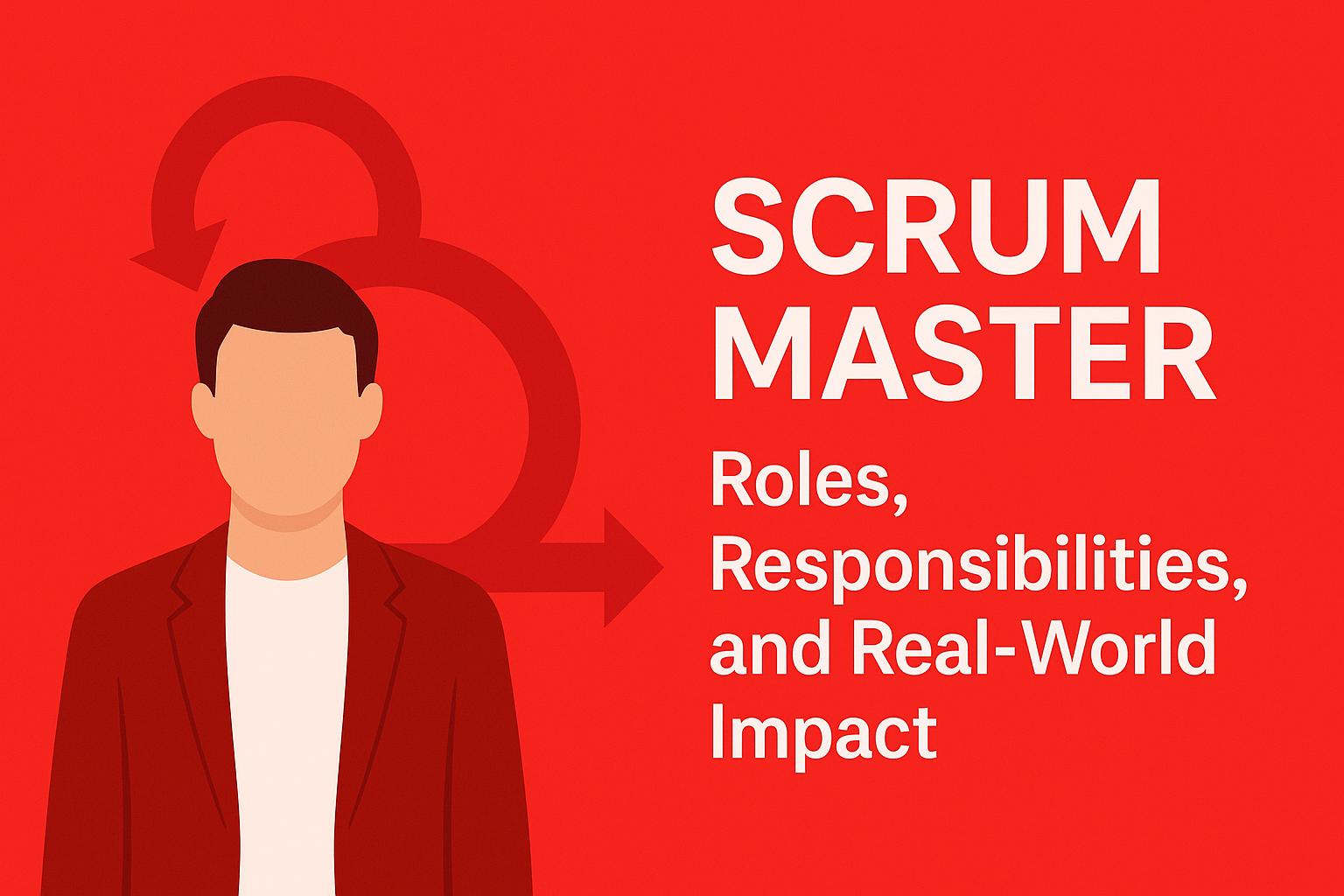In the world of Agile software development, the term “Scrum Master” often arises—but what exactly does it mean? Despite being a key role in Agile teams, the Scrum Master is frequently misunderstood. This post provides a comprehensive introduction to the Scrum Master role, exploring their responsibilities, essential skills, and the impact they have on team performance and project success.
What Is a Scrum Master?
The Scrum Master is a servant leader and facilitator for an Agile team that uses the Scrum framework. Their primary goal is to ensure the team adheres to Scrum principles, values, and practices, and to foster an environment conducive to collaboration and high performance.
Unlike a traditional project manager, the Scrum Master doesn’t assign tasks or micromanage. Instead, they coach the team, help remove impediments, and protect the team from external disruptions. Their focus is on enabling the team to self-organize and deliver value iteratively and incrementally.
Key Responsibilities
The Scrum Master wears many hats. Here are some of their main responsibilities:
Facilitating Scrum Events: These include Sprint Planning, Daily Standups, Sprint Reviews, and Retrospectives. The Scrum Master ensures these events are productive and time-boxed.
Removing Impediments: Whether it’s a technical blocker, a process issue, or a conflict within the team, the Scrum Master works to resolve these barriers so the team can stay focused on delivering work.
Coaching and Mentoring: They coach team members and stakeholders on Agile principles and help them understand how to apply Scrum effectively.
Shielding the Team: The Scrum Master protects the team from distractions and interruptions that could derail the sprint.
Fostering Collaboration: They encourage open communication and strong working relationships within the team and with external stakeholders.
Core Competencies
A successful Scrum Master embodies a variety of skills and traits, including:
Servant Leadership: Putting the team’s needs first, helping individuals grow, and promoting a culture of trust and transparency.
Communication Skills: Clear, respectful communication is essential for resolving conflicts and ensuring everyone is aligned.
Facilitation Abilities: Helping the team hold effective meetings and discussions that lead to actionable outcomes.
Adaptability: Agile environments are dynamic, so flexibility and a willingness to continuously learn are key.
Emotional Intelligence: Being able to sense team morale and dynamics, and respond empathetically, helps foster a healthy team culture.
Common Misconceptions
There are a few myths about the Scrum Master role that often lead to confusion:
“The Scrum Master is the boss of the team.” This is incorrect. The Scrum Master leads by influence, not authority.
“Scrum Masters need to be technical experts.” While technical knowledge can be helpful, it’s not a requirement. Their primary role is facilitation and coaching.
“The Scrum Master handles project management.” Scrum projects are managed collaboratively, often without a traditional project manager. The Scrum Master focuses on the process, not the plan.
Real-World Impact
When done right, the Scrum Master role significantly boosts a team’s effectiveness. Some real-world benefits include:
Higher Team Morale: Teams with strong Scrum Masters tend to be more motivated and cohesive.
Improved Delivery: By removing blockers and optimizing processes, Scrum Masters help teams deliver more consistently and efficiently.
Better Stakeholder Engagement: Scrum Masters facilitate transparency and regular feedback loops, keeping stakeholders informed and engaged.
Faster Problem Resolution: With an advocate focused on resolving issues quickly, teams can maintain momentum.
Conclusion
The Scrum Master is a pivotal role in any Scrum team, acting as a catalyst for continuous improvement, collaboration, and value delivery. By understanding their responsibilities and appreciating their impact, organizations can better support their Agile teams and set the stage for long-term success.
Whether you’re new to Agile or looking to enhance your team’s performance, investing in a skilled Scrum Master is a step in the right direction.




